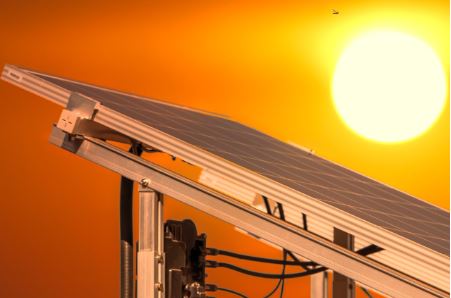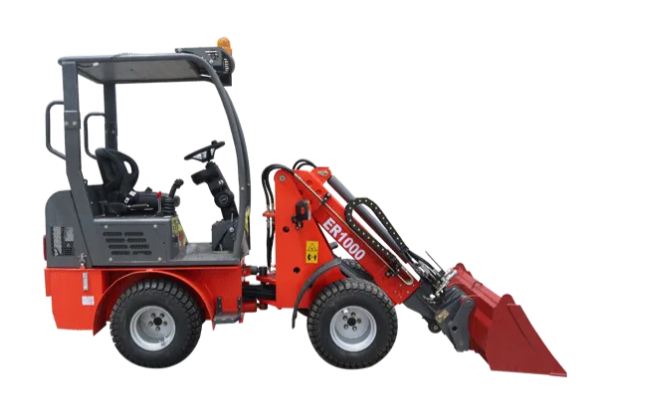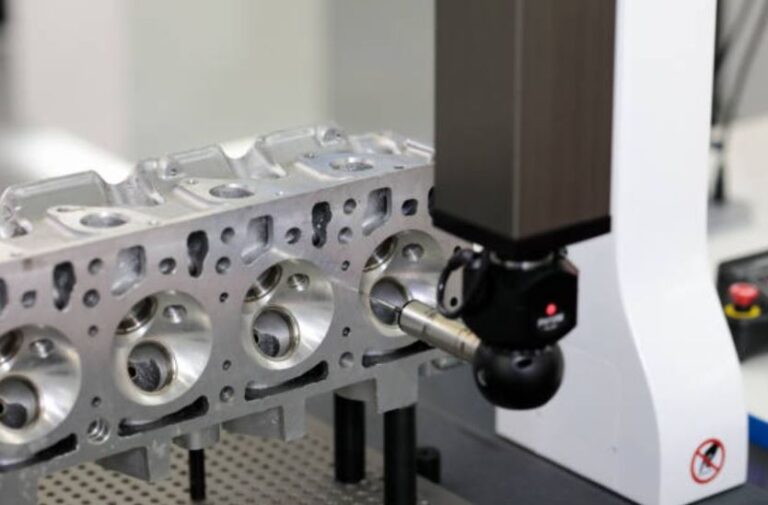5 Things to Consider Before Buying a Solar Inverter and Battery System
This means that you can save your hard-earned money and be environmentally friendly at the same time. A solar inverter with battery is part of any solar power system, though some systems are just inverters alone. The inverter transforms the solar energy gathered from your panels into usable electricity and stores the excess energy for later use.
The factors to consider when choosing a system for your home or business are five:.
- Determine Your Energy Consumption
Determine how many kilowatt-hours your home or office consumes daily before investing in an inverter and battery. You can refer to your monthly electricity bill for the average usage. This helps you select the right size of system for your needs.
- Inverter Capacity: The inverter must have a capacity that can satisfy your maximum energy requirements. In most homes, a 5kW inverter is quite sufficient.
- Battery Capacity: A battery’s capacity is measured in kWh. A 10kWh battery can power very basic appliances for several hours during a blackout.
- Choose Your Battery Type
There are various types of solar batteries that come with their own advantage:
Lithium Ion Batteries: Lightweight and long-lasting with efficiency and are perfect for modern setups.
- Lead Acid Batteries: They are inexpensive but maintain more and last less
- Flow Batteries: These are reliable and good for large system setups but come with high upfront costs.
- Compatibility with Your Solar Panels
Your solar inverter with battery should work seamlessly with your solar panels. Ensure the system is compatible with your panel’s voltage and wattage. Some inverters only work with specific brands, so be sure to check before buying.
If you already have solar panels, look for an inverter that can be easily integrated with them without the need for further modifications.
- Consider Backup Power Needs
One of the biggest benefits of a solar inverter and battery system is having backup power during outages. Not all systems offer this functionality, so check to ensure that the inverter can run off-grid.
- Grid-Tied Systems: These operate off the grid if the battery runs out.
- Hybrid Systems: They can automatically switch to battery power during outages, so they are more reliable.
- Brand Reputation and Warranty
Investing in a solar system is a long-term investment. Choose brands that have a good reputation and good customer reviews. A good warranty is also essential. Look for:
- Inverter Warranty: Should be at least 5–10 years.
- Battery Warranty: Usually 10 years or a defined count of charge cycles.
The established brands provide better customer services and ensure that your system lasts longer.
Step by Step Guide to Buying the Right Solar Inverter and Battery
Energy Requirement Analysis: Use your electricity bills to determine your daily and peak energy needs.
Select Type of Battery: Choose lithium-ion, lead-acid, or flow batteries based on your budget and requirements.
Confirm Compatibility: The inverter should be compatible with your solar panel specifications.
Backup Power: Decide if you need to have off-grid functionality
Choose a Reputable Brand: Look at reviews and warranties before making a purchase.
FAQs
Q1: What is the difference between an inverter and a battery?
An inverter takes solar energy and converts it into usable electricity. A battery stores extra energy for later use. In combination, they provide a complete energy solution.
Q2: How do I size my solar inverter and battery system?
Calculate the amount of energy used in kilowatt-hours and select the inverter capacity based on the storage provided by the battery and match peak energy requirements.
Q3: Are lithium-ion batteries worth the extra cost?
Yes, they are also more efficient, have a more extended lifespan, and use less maintenance than lead-acid batteries.
Q4: Do I add a battery to an existing solar system?
Yes, in many instances. Check if your present inverter supports battery integration or you have to upgrade to a hybrid system.
Q5: How long does a solar battery last?
Most of the solar batteries last 10-15 years depending on type and usage and maintenance.
Q6: What if my solar battery runs out of power?
If you are in a grid-tie setup, you will switch over to grid electricity. If it is an off-grid, then you will require a backup power source, for example, a generator.
Consolution
Switching to a solar inverter with a battery is one of the best decisions for energy independence and cost savings. You can have reliable power, lower electricity bills, and a smaller carbon footprint if you select the right system. Take time to assess your needs, and do not hesitate to consult a professional for guidance.





